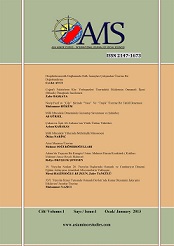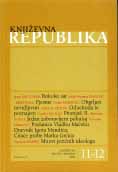
ADANA’DA YAŞAYAN BİR KARAGÖZ USTASI: MAHMUT HAZIM KISAKÜREK
Kuklacı Mahmut Amca (Puppeteer Mahmut Hazım Kısakurek) who give himself the name of Traditional performance art group is performing traditional and modern poppet shows in Adana. M. Hazım Kısakurek, who is a member of UNIMA, has been performing eight Karagoz Shows, which are derived from ‘Kâr-ı Kadim’ and updated, to kids. The name of these shows, some of which are adaptation of original shows and some of which are adaptation with the present time issues, are “ Romeo ve Juliet, Kazaya dikkat, Deniz sefası, Kanlı Nigar, Hamam Sefası, Cadılar, Salıncak Sefası”. At the same time Hazım Kısakurek who manufactures traditional and modern poppet in his studio, manufactures Karagoz poppets in his studio. In our study the only Karagoz artist of Adana M. Hazım KISAKUREK’s artistic part will be introduced. And beginning from this point we’ll try to contribute showing the situations and areas where Karagoz performance survives to live and so on we’ll try to find answers on how to contribute and protect this art.
More...
